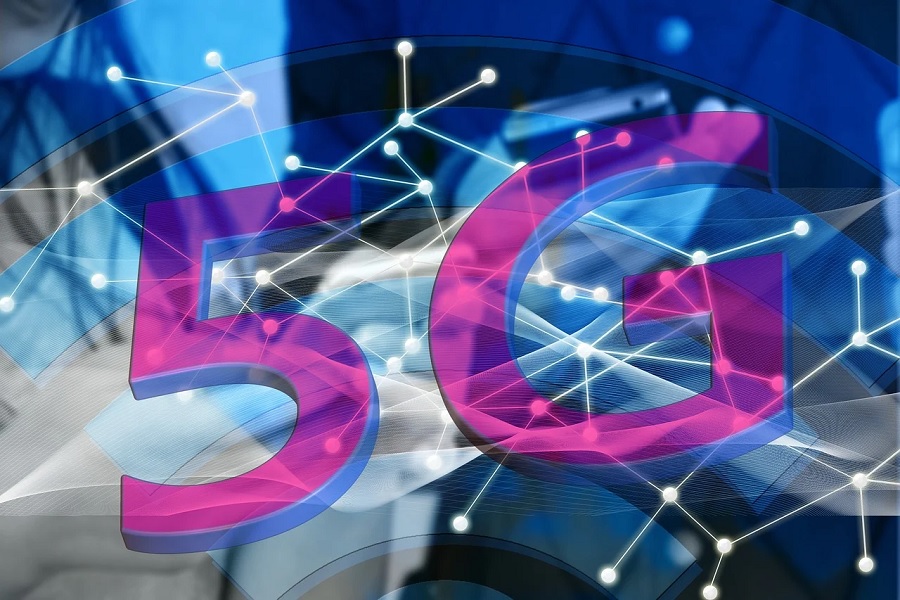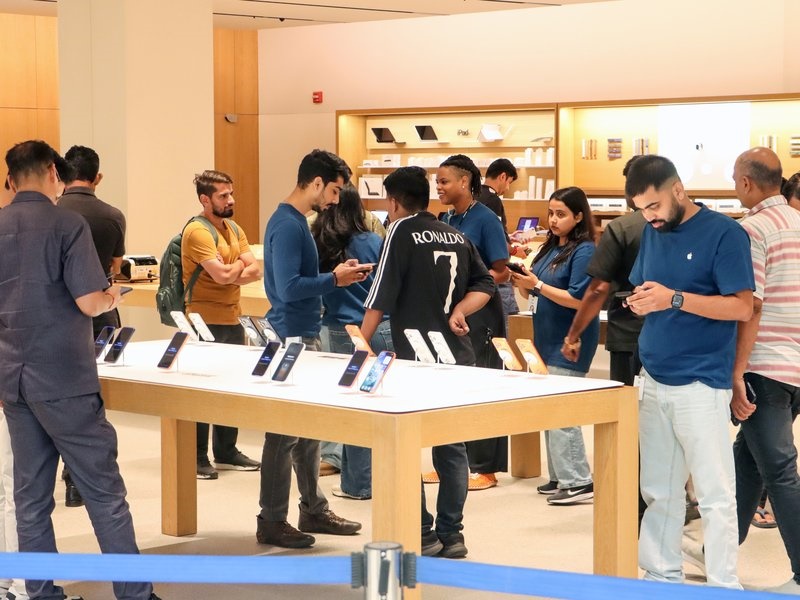How 5G Will Transform Business Communication and Consumer Experience

As the world moves towards an increasingly digital future, the arrival of 5G technology marks a significant milestone in reshaping business communication and consumer experiences. With its promise of ultra-fast speeds, low latency, and high bandwidth, 5G is not just an upgrade to mobile networks; it’s a transformative force that is expected to revolutionize various sectors. From enhanced communication within organizations to a completely new level of consumer engagement, 5G is set to change the way we work, shop, and interact with technology.
The Impact of 5G on Business Communication
1. Enhanced Collaboration with Real-Time Connectivity
One of the most profound changes 5G will bring to business communication is the ability to support seamless real-time collaboration. With faster download and upload speeds, businesses will be able to handle large data transfers instantly, making video conferencing and cloud collaboration tools more efficient and effective. No more lag during video calls or waiting for large files to download – 5G will ensure that employees can collaborate seamlessly from any location, whether in the office, at home, or while traveling.
2. Remote Work Revolution
While remote work has already gained significant traction in recent years, 5G technology will take it to the next level. The reliable and high-speed internet connection provided by 5G will enable companies to embrace a truly remote workforce. Virtual meetings, real-time document sharing, and cloud-based applications will run smoothly without interruptions, giving businesses more flexibility in managing distributed teams. Moreover, industries like healthcare, education, and customer service will benefit from improved access to digital tools and services, enabling remote consultations and virtual classrooms with minimal latency.
3. Smarter Customer Support
5G’s low latency will enable businesses to offer enhanced customer support through AI-powered chatbots, real-time customer service applications, and instant troubleshooting tools. Customer service departments will be able to handle more complex tasks in less time, resolving customer issues more efficiently. For instance, businesses can integrate virtual assistants that provide personalized experiences and AI-based customer support, leading to higher customer satisfaction.
Transforming Consumer Experiences with 5G
1. Immersive Experiences with Augmented Reality (AR) and Virtual Reality (VR)
One of the most exciting prospects of 5G is the unprecedented speed and reliability it offers to immersive technologies such as augmented reality (AR) and virtual reality (VR). This opens up a world of possibilities for consumers, whether they are shopping online, playing games, or experiencing live events. With 5G, businesses can offer real-time AR and VR experiences that feel natural and lifelike. For example, retailers can provide virtual fitting rooms where customers can try on clothes from the comfort of their homes or see how furniture will look in their living rooms.
2. Seamless Shopping Experience with 5G
Consumers will experience faster and smoother shopping thanks to 5G’s ability to support high-resolution video streaming and instant mobile transactions. Whether it’s streaming product demos in real-time or participating in live-stream shopping events, 5G ensures a frictionless experience. Additionally, smart retail will benefit from 5G’s ability to connect devices and track real-time consumer behavior, allowing for personalized shopping experiences, instant promotions, and dynamic inventory management.
3. Ultra-Fast Mobile Gaming
The gaming industry is set to benefit immensely from 5G, with low-latency, ultra-fast mobile gaming becoming the norm. Gamers will be able to enjoy immersive experiences without lag, even in high-definition games, while businesses in the gaming industry will have the opportunity to offer new types of cloud gaming services. Consumers can expect console-quality gaming on their smartphones, making gaming more accessible and enjoyable than ever before.
Opportunities and Challenges for Businesses
While 5G opens up numerous opportunities, businesses must also navigate potential challenges. For example, industries that rely on data privacy and cybersecurity must adapt to new risks associated with the increased volume and speed of data transfer. Companies will need to invest in robust security infrastructure to ensure that sensitive customer data remains protected.
Additionally, the transition to 5G will require significant capital investment in network infrastructure, new technologies, and training. Businesses that adopt 5G early will likely see a competitive edge, but those that delay may risk falling behind.
Conclusion: A New Era of Business Communication and Consumer Experience
In conclusion, 5G technology represents the dawn of a new era for business communication and consumer experiences. As industries adapt to the capabilities of 5G, we will see faster, more efficient communication, smarter customer service, and more immersive consumer experiences. While businesses face challenges in terms of investment and cybersecurity, the potential for innovation, increased productivity, and enhanced consumer engagement will outweigh these hurdles. As 5G becomes mainstream, companies that embrace this technology will be better positioned to lead in their respective industries, offering cutting-edge services and products that cater to the evolving demands of the digital age.




















